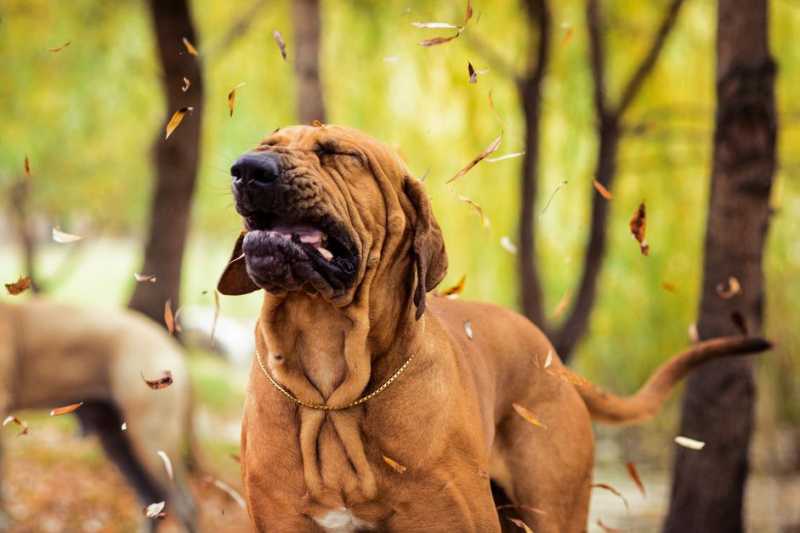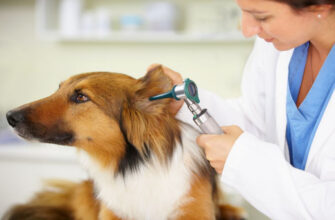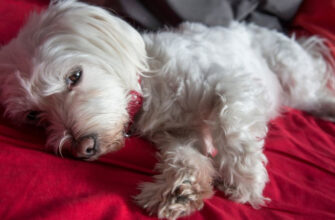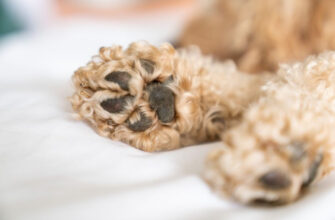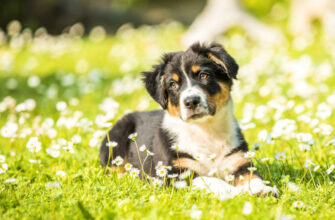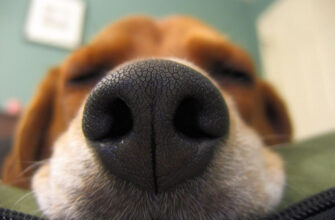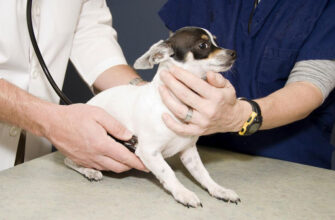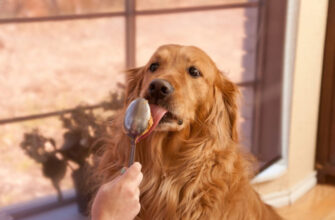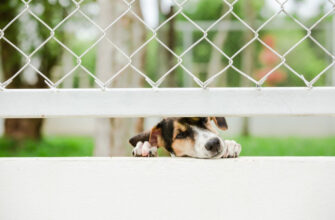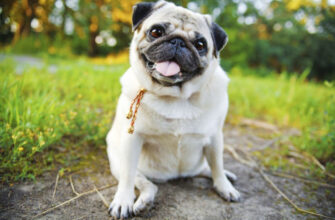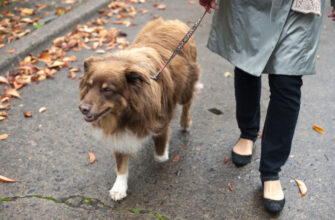Catching your dog sneezing can be a cute moment, but is it a cause for concern? Just like in humans, sneezing can be explained by a simple tickle in the nose or it may be an indicator of an oncoming illness. There are many reasons that your dog could be sneezing, ranging from entirely negligible to quite concerning. Let’s explore some of those reasons and when to get help for your dog’s sneezing.
Causes of Sneezing
Occasional sneezing isn’t usually a concern and can actually be normal in dogs. It can indicate a lot of different things, so paying attention to context is very important. Unlike in humans, it’s also relatively common for dogs to sneeze as a means of expressing emotion. Here are some of the main reasons your dog may be sneezing.
Foreign Objects
Just like people, dogs may sneeze to clear out their nostrils. Scent work (sometimes termed nose work) can be great environmental enrichment, especially for hound breeds. It’s incredibly easy for dogs to accidentally inhale something while doing scent work, though. Blades of grass, pollen, and foxtails are just a few things that dog can accidentally inhale if they are sniffing a lot outside. Due to their predisposition to sniffing things, hound breeds, especially scent hounds, are more prone to sneezing because they inhaled something from the environment.
Allergies
Dogs can get allergies, just like in people. Although dogs usually get more itchy skin and ear infections than hay fever, allergies and other immune-related processes can sometimes cause upper respiratory symptoms in dogs. Your vet can help provide medications to help ease the symptoms of your dog’s allergies. If your dogs allergies are severe enough, there are even immunotherapy avenues to pursue to help treat their allergies. This usually involves your vet drawing a blood sample to be sent off to a lab. That lab tests your dog’s blood for a variety of environmental allergens, including tree and grass pollens, mold spores, dust mites, and even fleas! After the lab has determined what your dog is allergic, they can make immunotherapy sublingual drops or injections to help condition your dog’s immune system to not react to these allergens.
Play
Sometimes, you may notice your dog sneezing suddenly during play. This is a normal part of play behavior amongst dogs. It can communicate that your dog is happy and having fun.
Tumors/Nasal Trauma
Sneezing, especially if your dog is sneezing blood or has a bloody nose (termed epistaxis) can be indicative of a mass or some sort of trauma within your dog’s nasal passages. Tumors are generally more likely to be present in older, geriatric dogs and trauma may be secondary to a foreign object within the nasal passages.
Upper Respiratory Infection
A dog with an upper respiratory infection can definitely start sneezing to try and clear the congestion from the nasal passages. If your dog has an upper respiratory infection, they may also have nasal and/or ocular discharge, a fever, and they may have a decreased appetite and activity.
Muzzle Conformation
Brachycephalic breeds, that is dogs with pushed in faces such as pugs, French bulldogs, and English bulldogs, may be more prone to sneezing because of the conformation of their muzzles. The compressed nasal passages that are inherent in their skull structure may make them more predisposed to sneezing.
Kennel Cough
Although it’s not the hallmark symptom of kennel cough, your dog may start sneezing in response to this bacterial infection. Generally, this will be in conjunction with a dry, hacking cough, which is the classic symptom of kennel cough. Even though it’s not the primary symptom, if your dog is sneezing, let your vet know if they have recently been boarded, groomed, or if they were recently at a dog park, even if they are up to date on their bordatella vaccine.
Diagnosing Your Dog’s Sneezing
Treating your dog’s sneezing will vary based on the underlying cause. Since some sneezing can be a normal behavior, such as during play or during scent work, and since it can be caused by a wide variety of things, it’s not advisable to try treating with any at-home remedies. You should become concerned with your dog’s sneezing if it every becomes suddenly excessive or violent, especially if in conjunction with other symptoms. Be sure to visit your vet right away if you notice that your dog’s sneezing is paired with:
- Changes in appetite
- Changes in behavior or activity level
- Nasal discharge, especially if it’s green or yellow
- Coughing
- Runny eyes or dull-looking eyes
- Fever
Come prepared to the vet with information on your pet’s symptoms. You may also want to ask your vet if they’d prefer that you leave your dog in the car until your appointment to avoid exposing other dogs to any communicable illness, such as kennel cough.
Treatment for Your Dog’s Sneezing
Your vet may prescribe an antibiotic if they suspect your dog’s sneezing is due to an upper respiratory infection or allergy medications if they suspect an environmental allergen. This may include a corticosteroid, such as prednisone, to help suppress your dog’s immune system. Ensure to tell your vet all the current medications your dog is taking as there are some medications that absolutely cannot be given in conjunction with prednisone.
How to Prevent Sneezing in Dogs
Preventing sneezing will vary based on the cause of your dog’s sneezes. Be sure to keep your dog up-to-date on recommended vaccinations. You can limit environmental allergens by vacuuming regularly and limiting noxious aerosols like room sprays and diffusors, including essential oil diffusors. Since scent work can be great environmental enrichment for dogs, it might not be prudent to stop it altogether. Instead, try to control the environment as much as possible. Keep a close eye on what your dog is sniffing and what is in the environment that they can accidentally sniff up their nose.
